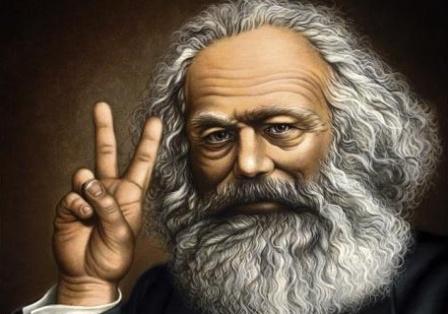In an earlier post on Marx and Engels’s The Communist Manifesto, I offered two explanations for why the 1848 Marx held that communism could only come about by violent revolution.
In response to that post, Tibor Machan pointed me to this passage from an 1872 speech Marx gave in Amsterdam:
“We are aware of the importance that must be accorded to the institutions, customs, and traditions of different countries; and we do not deny that there are countries like America, England (and, if I knew your institutions better, I would add Holland), where the workers can achieve their aims by peaceful means. However true that may be, we ought to recognize that, in most of the countries on the Continent, it is force that must be the lever of our revolutions.”[1]
Interesting exceptions. America, England, and Holland are, arguably, the countries in which capitalism had achieved the most development. Machan’s explanation is that Marx came to believe that in such advanced countries workers’ advancement could come about by gradualist methods: “Bit by bit, step by step, at municipal, county, state, and the federal levels of government, socialism can be instituted by democratic process.”[2]
(And adding up the bits, according to my math Marx was right and we’re over 50% there.[3])
Sources:
[1] Karl Marx, Selected Writings, second edition. Edited by David McLellan (Oxford University Press, 2000), p. 643.
[2] Tibor Machan, Revisiting Marxism: A Bourgeois Reassessment (Hamilton Books, 2006), p. 156.
[3] “Marx’s 10-point plan 50% realized in USA.”
[4] And just to be clear: “Am I really a Marxist revolutionary?”

French aristocrat Henri de Saint-Simon (1760 – 1825), founder of French socialism who influenced Marx was inspired by the absence of privilege he saw in America. Entering American military service he took part in the siege of Yorktown under General Washington. Returning to France he renounced his aristocratic titles. But like other socialists could not resist the lure of state coercion in service to his utopian ideals.
The greater the lie being preached, the more force required to make it believable.